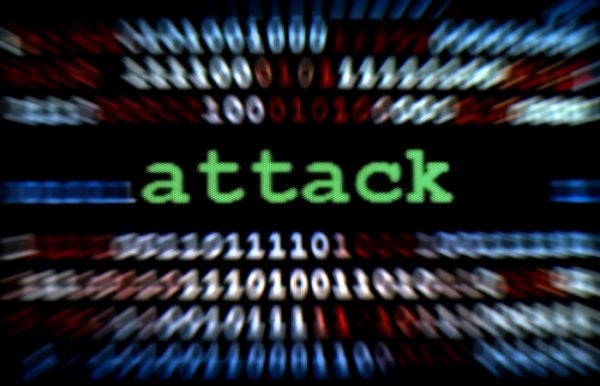Until recently, we in Armenia knew more about DDoS attacks from the news media since such things practically didn’t happen in the country. These distributed denial-of-service attacks have become pretty common around the world. They mainly target businesses when during heated periods opponents try to take each other out. And, of course, in politics.
Some recent examples: During the State Duma elections in Russia in December, DDoS attacks silenced the main opposition websites.
Hacker attacks in Armenia are better known as being carried out by Azerbaijani and Turkish hackers. A huge DDoS attack occurred once in the summer of 2005, when for about six weeks nearly all online Armenian forums were inaccessible. Those behind the attack remain unknown — though everyone suspected the order came from outside the country. At that time, online platforms had nearly no internal public or political effect.
It was during the 2012 parliamentary elections that DDoS attacks became an internal political issue. Near the end of the election campaign period, Blognews.am (which aggregates content from social media and the blogosphere) was attacked the morning of Apr. 20. The site was down for about two consecutive days.
On May 2, one of the most widely read online news sites, 1in.am, was attacked and likewise wasn’t available for about two days.
On Election Day, attacked was the newly created iDitord.org site, which used crowdsourcing to map observed instances of election violations. The site was down from about 4 pm to 7 pm that day, despite the fact that it was a powerful attack. However, knowing about the previous two cases, the iDitord team was prepared and for this reason the disruption was brief.
It’s extremely concerning that DDoS attacks in Armenia, it seems, are becoming customary. They are very dangerous for a few reasons:
(a) Even well-protected websites are unable to withstand such attacks. Preparing for these attacks in advance is tied to significant financial costs, which for a large number of Armenia’s news media outlets is a problem.
(b) In the case of such attacks, even if prompt defensive action is taken, time is lost, which, for example, during the elections, might be decisive.
(c) It’s practically impossible to find the people who ordered the DDoS attack because they use the services of hackers located in other countries. For example, the attacks in Armenia might’ve been ordered by either a local political party or forces outside the country that wanted to destabilize the situation inside the country. (An interesting fact, which likewise might provide a few explanations: the attack on iDitord was done by those infected computers that at the same time were attacking the Russian Ekho Moskvy website.)
Addendum: DDoS is an attack by a large number of infected computers. These so-called “zombie” computers set up fake visits to a website, as a result of which the website’s activities are suspended or interrupted. In such cases, it’s very difficult to find the perpetrator, since the infected computers are controlled remotely.
Samvel Martirosyan







